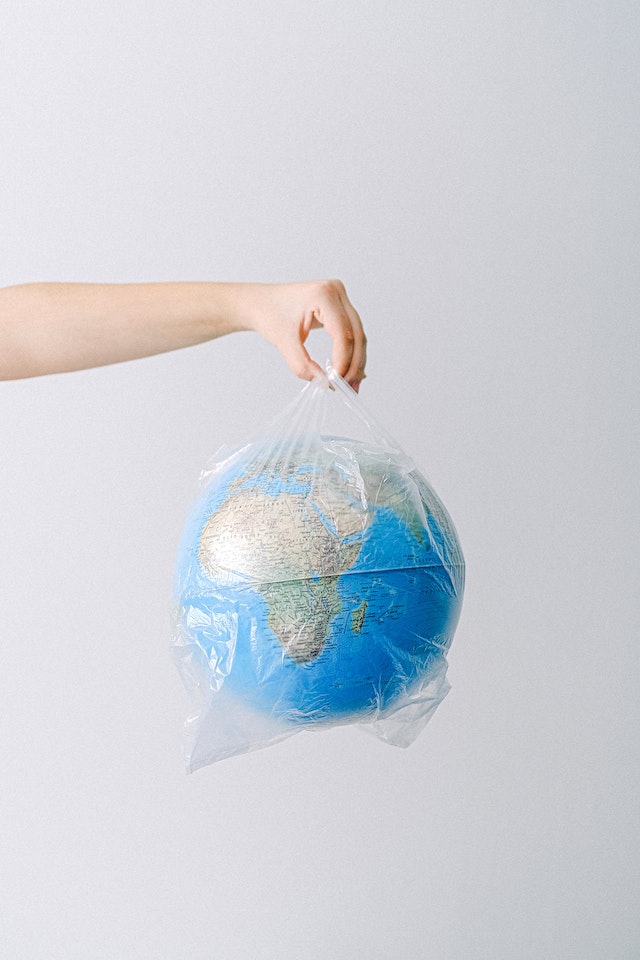Introduction:
In a landmark decision, our community has taken a bold step towards protecting the environment by implementing a ban on plastic bags. This move comes as a response to the growing concerns about the detrimental effects of plastic on our planet, wildlife, and human health. In this article, we will explore the reasons behind our decision to ban plastic bags and the profound implications it holds for our environment.
1. Environmental Impact:
Plastic bags have long been recognized as one of the most significant contributors to environmental pollution. These single-use items are non-biodegradable and often end up in landfills or find their way into water bodies, where they pose a grave threat to marine life. The decision to ban plastic bags was driven by our commitment to reducing plastic waste, protecting ecosystems, and preserving natural resources for future generations.
2. Wildlife Protection:
Plastic bags have proven to be lethal to wildlife, causing entanglement and ingestion. Marine animals mistake plastic bags for food, leading to suffocation and internal injuries. Land animals and birds also fall victim to plastic ingestion, leading to severe health issues and even death. By banning plastic bags, we aim to safeguard our precious wildlife and restore balance to delicate ecosystems.
3. Encouraging Sustainable Habits:
The ban on plastic bags serves as a catalyst for fostering sustainable habits within our community. By eliminating the option of plastic bags, we encourage residents to explore alternative solutions and embrace reusable alternatives. This shift towards sustainability extends beyond the act of carrying groceries; it promotes a mindset of mindful consumption and responsible waste management.
4. Promoting Innovation and Local Businesses:
The ban on plastic bags presents an opportunity for local businesses and entrepreneurs to innovate and provide sustainable packaging alternatives. This measure has led to the emergence of creative solutions, such as reusable cloth bags, biodegradable alternatives, and eco-friendly packaging materials. By supporting these local businesses, we not only promote economic growth but also encourage a culture of sustainability.
5. Reducing Resource Consumption:
Plastic bag production requires vast amounts of natural resources, including fossil fuels and water. By banning plastic bags, we reduce the demand for these resources, leading to a more efficient and sustainable use of our planet’s limited reserves. Additionally, the ban helps mitigate greenhouse gas emissions associated with plastic production and disposal.
6. Changing Consumer Behavior:
The ban on plastic bags aims to shift consumer behavior towards more conscious and responsible choices. It serves as a wake-up call, prompting individuals to reconsider their reliance on disposable items and embrace reusable alternatives. By promoting the use of reusable bags, we encourage a culture of sustainability and empower individuals to make a positive impact on the environment.
7. Global Leadership and Inspiration:
By taking the decisive step to ban plastic bags, our community has become a beacon of environmental leadership, inspiring other regions and communities to follow suit. Our actions demonstrate that change is possible, and a collective effort can bring about significant positive change. Through our example, we hope to inspire a global movement towards reducing plastic waste and creating a more sustainable future.
Conclusion:
The ban on plastic bags in our community signifies a transformative shift towards environmental consciousness and responsible stewardship of our planet. By recognizing the environmental impact of plastic bags, protecting wildlife, promoting sustainable habits, and inspiring global change, we have embarked on a journey that holds the promise of a cleaner, healthier, and more sustainable future. The ban on plastic bags is not just a policy; it is a testament to our commitment to preserving the environment for generations to come. Together, we can make a difference and create a world free from the burden of plastic waste.




